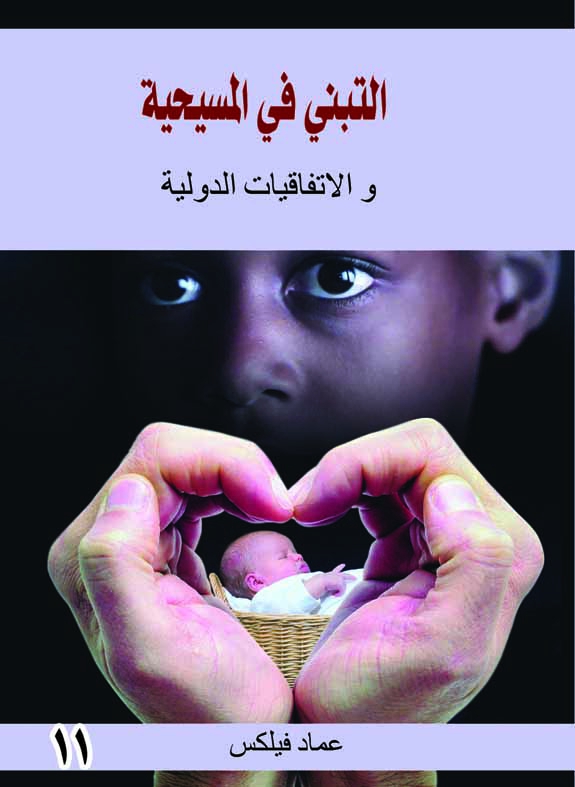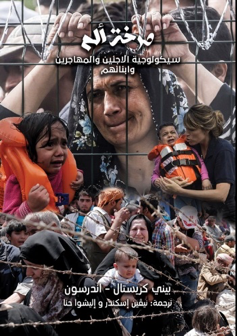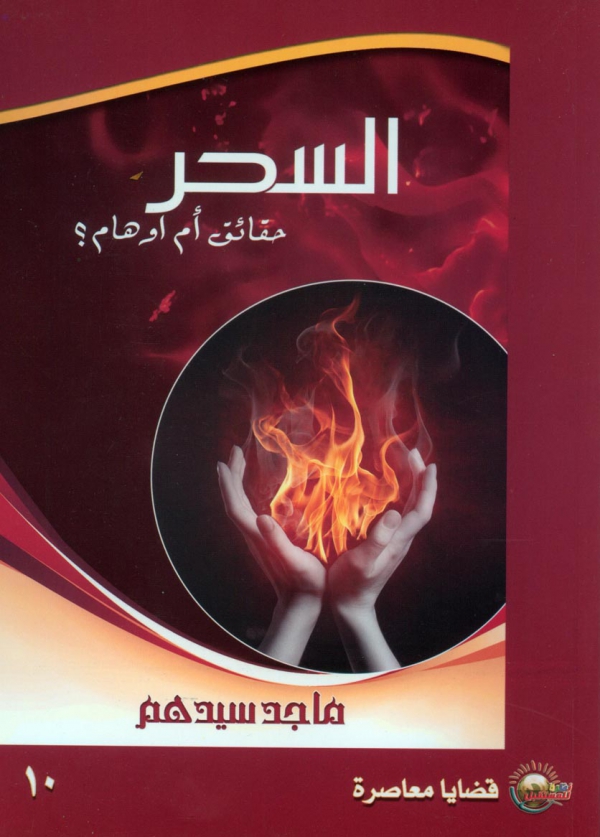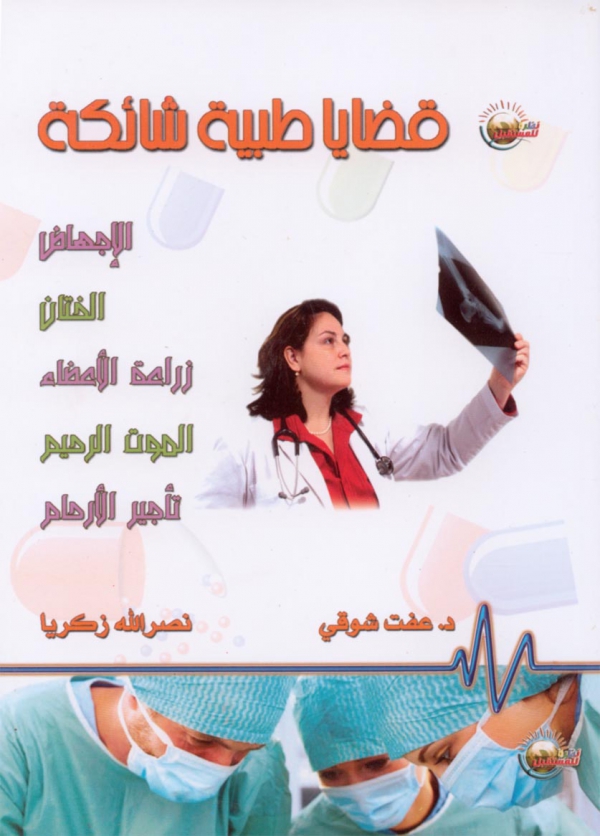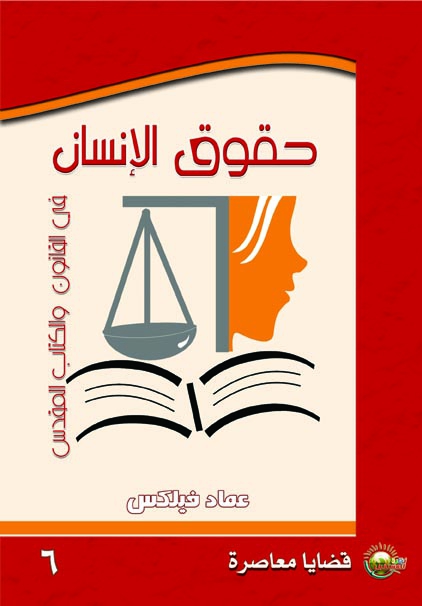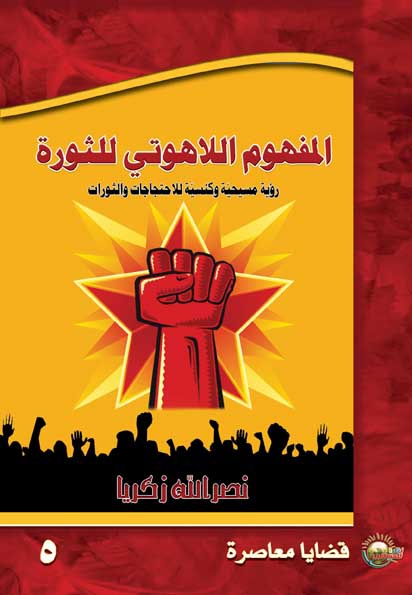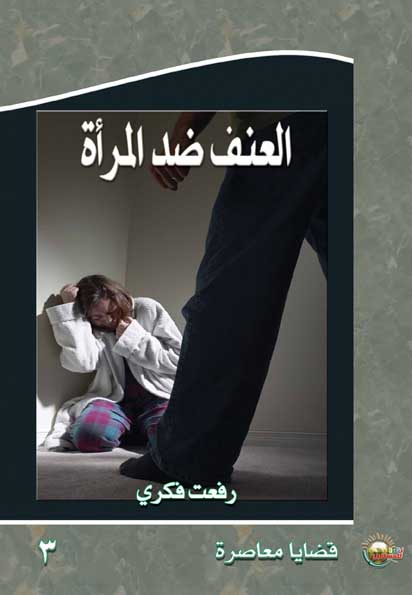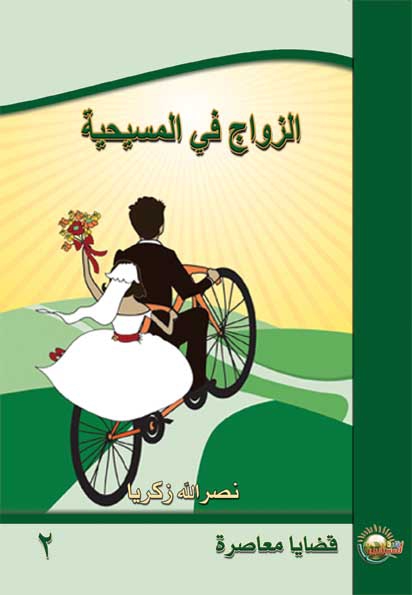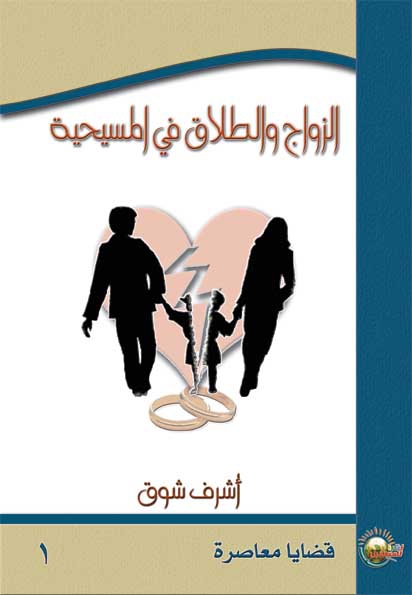Contemporary Issues
The Bible touches on every aspect of our spiritual lives and on our relationships with God. Furthermore, it does not ignore the difficult issues we face in our contemporary lives. It is a book for all times. When we face an issue, we find that the biblical perspective's thinking about it is clarifying. This series deals with contemporary issues (such as divorce, abortion, death and addiction) from a biblical perspective.
Adoption in Christianity and International Conventions
Author: Emad Felix
Publisher: Vision For Future
The evolution that human society has witnessed undoubtedly affects the societal structure straight, specifically the family. The power law was prevailing in the first era of history; hence the child position inside the family was not stable. Tribes' leaders used to select a favorable child to them for a mentorship, caring for him, granting him many privileges such as name and inheritance. However the evolution of the society took a different turn with the aim of protecting, fostering and caring for the best interest of the child. Many international agreements were concluded to protect Children's rights in the framework of Human Rights ensuring and obliging the international community to find institutions and legal systems sponsoring Child's concerns.
Adoption has been known since ancient times. It was readopted by many countries in modern times wherein they have put organizing mechanisms for it. Meanwhile we find that some countries denied and banned it, emphasizing its illegality and even resorting to legal means to annul it and replace it by the sponsorship system.
Through the 230 medium size pages of his book "Adoption in Christianity and international conventions" The eleventh book of the contemporary issues series/Vision for future publications; Mr Emad Felix, the author who is a lawyer in the Supreme Court as well; he presents a comprehensive study on the issue of adoption, taking into account the biblical background of the issue. He presents as well an adequate detailed study on the legal side; in addition to the international conventions and treaties that focused on the Children's Rights. He lists all international studies and examples in many countries that applied and practiced the adoption law.
Through this study, the author touches on several important sides among which: the definition of adoption, adoption in some Laws, for instance: the system of adoption under the French law, the system of adoption in the Tunisian law...
Some of the main principles relating to Children's Rights in international conventions:-
- Commitment to equality of all children without any form of discrimination.
- The first consideration to be given to the child's best interest in all of the policies, measures and actions
- Working on child survival and development.
- Taking into account the child's right to exercise his rights and to participate in all his concerning matters.
- Balance between parental responsibility for child-rearing, and the state responsibility for providing support, and assistance to parents to carry out their responsibilities.
Then the author touches on a very important aspect in our cause which is the Optional Protocol of the Children's Rights Convention concerning the involvement of children in armed conflict, the Rights of the Child versus the sale of children, child prostitution and the exploitation of children in pornography.
Regarding adoption of Christianity: We read about three cases of adoption in the Old Testament, namely:
- "Moses" in (Exodus 2: 10), has been adopted by Pharaoh's daughter.
- "Genubath" (1 Kings11: 20), was adopted by his aunt "Tahphenes" wife "Pharaoh of Egypt.
- " Esther (Esther2: 7, 15), has adopted "Mordecai."
As for adoption in Paul's epistles:
In the letter to the Galatians, the apostle focuses on the freedom enjoyed by those who live by faith, as opposed to slavery, upon which are weighed those who are subject to the rituals and the religious duties of The Law, the matter that was being faced by Christians (Galatians 5: 1). He first explains the difference between law and grace from a historical perspective then distinguish between the Christian measure and the former measure (Gal 3: 23,24), though in another place, the apostle relates the idea of adoption to the covenant relationship between God and Israel.
In His epistle to the Romans, adoption means redemption from debt (Romans 8: 12,-17), we find that the idea of obligation or indebtedness associated with the idea of freedom.
Adoption in the Christian testimony: Adoption is being aware and ensured of the sonship to God as a result of faith in Christ. By faith the believer becomes united with Christ, meanwhile the spirit of sonship takes over all his being, so that he knows God and speaks to him completely as Christ, saying: "Abba, Father "Mark 14: 36.
Adoption with relation to justification: The adoption is the same Christian testimony described once more by the Apostle Paul under another legal metaphoric portrait; which is "justification by faith" In justification, God declares that the sinner has become justified, He treats him on this basis, and grants him forgiveness, reconciliation and peace (Romans 5: 1) in all this we find unquestionably the father son relationship, but in adoption, this relationship is clearly evident.
Adoption and sanctification: Justification is the beginning of a process that continues until it reaches perfection, an ongoing life of growing sanctification with the help of the Holy Spirit. Adoption goes along with sanctification. Hence, Children of God are those "who are led by the Spirit of God" Romans 8:14 and the spirit of God himself is the one who gives the sonship testimony. "Sanctification" is a cleansing and inclusive growth process from a theoretic view. Adoption has already sanctification in it; as it is the close relationship with God; a relationship of loyalty, obedience, companionship with the loving Father all the time.
Adoption and renewal: Some argue that adoption is the renewal (dedication) therefore many fathers and scholars of the Catholic Church brought it together with baptism. The new birth and adoption are certainly two sides of one testimony.
Adoption is the work of God: Adoption as a divine act is an eternal course of His works of grace and love, because " he[a] predestined us for adoption to sonship[b] through Jesus Christ, in accordance with his pleasure and will" (Ephesians1: 5).
The writer concludes by saying: Child concerns have won a legal and humane supreme attention by the international community embodied mainly in modern legislation, in line with the transformations and aspirations of communities, as well as the international treaties and renewed covenants. Egypt made substantial efforts in this charter starting from the signing and ratification of the International Convention for the Children's Rights, to the work for devoting its rights through the appropriateness of national legislation with the recommendations and the establishment of special institutions for children such as:-
The National Council for Childhood and Motherhood. Therefore, Egypt is considered one of the few Arab and African countries that dealt with various childhood problems with clarity and positivity, with the purpose of contributing in the fight against juvenile delinquency, by engaging in the international effort to eliminate various types of abuse suffered by the child on one hand, and the various factors causing delinquency and juvenile crime, on the other hand.
All this is treated by special relevant programs in line with the status of the delinquent and the projects implemented in partnership with effective national and international associations. Despite all that, more efforts need to be addressed towards the phenomenon of street children, which requires concerted efforts for remedy. The best means to reach satisfactory results are: approval of the system of adoption, according to international agreements.
